May 15, 2025 | 08:55 GMT +7
May 15, 2025 | 08:55 GMT +7
Hotline: 0913.378.918
May 15, 2025 | 08:55 GMT +7
Hotline: 0913.378.918
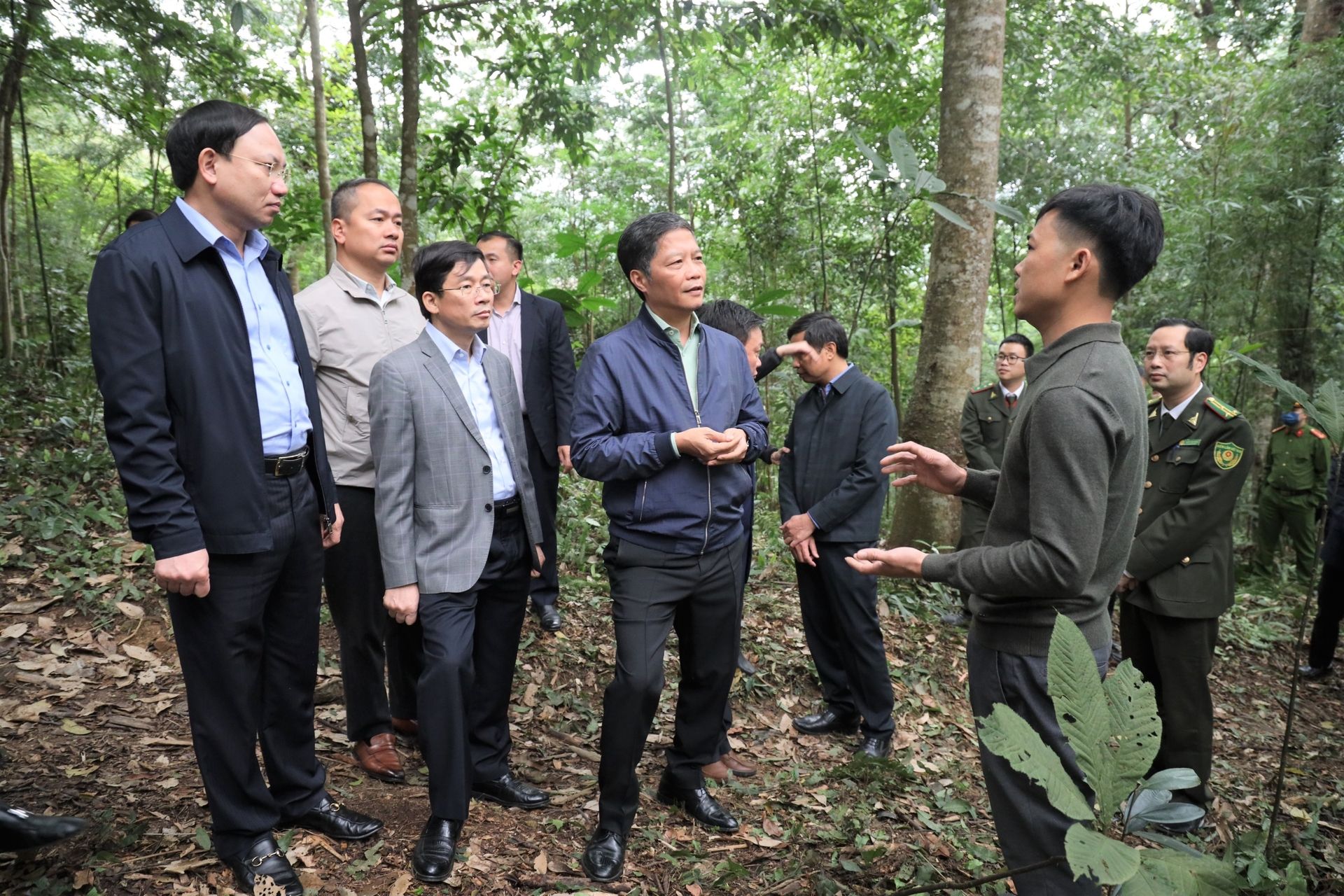
Head of the Central Economic Commission Tran Tuan Anh (second from the right) inspects the implementation of Directive 13 in Quang Ninh province. Photo: Hoang Anh.
On August 17, the Secretariat issued Conclusion No. 61-KL/TW on continuing to implement Directive No. 13-CT/TW on strengthening the Party’s leadership in forest management, protection and development.
The Conclusion affirms that, after over six years of implementing the Directive, all Party levels, including committees, authorities, officials, party members and people, have positively changed their awareness and responsibilities.
Along with that, mechanisms, policies and laws are continued to be refined. State management and organization of forestry have received great attention, which helps improve efficiency, capacity, and coordination between agencies in forest management, protection and development.
Planning, investigation, measurement, development of management records and issuance of forest land use certificates are carried out in many localities. The policy of closing natural forests is strictly enforced. Socio-economic development projects which previously harm the forests are strictly controlled. Forest protection and prevention, and forest law enforcement have made progress, reducing the number of cases and the extent of damage.
The area and quality of forests are increasing; Vietnam’s forest coverage rate has reached over 42%. The economy under the forest canopy, including wood processing and export, rapidly increases. The livelihood, employment and income of people in forested areas, including disadvantaged households, ethnic minorities, mountainous, remote areas, are gradually improving.
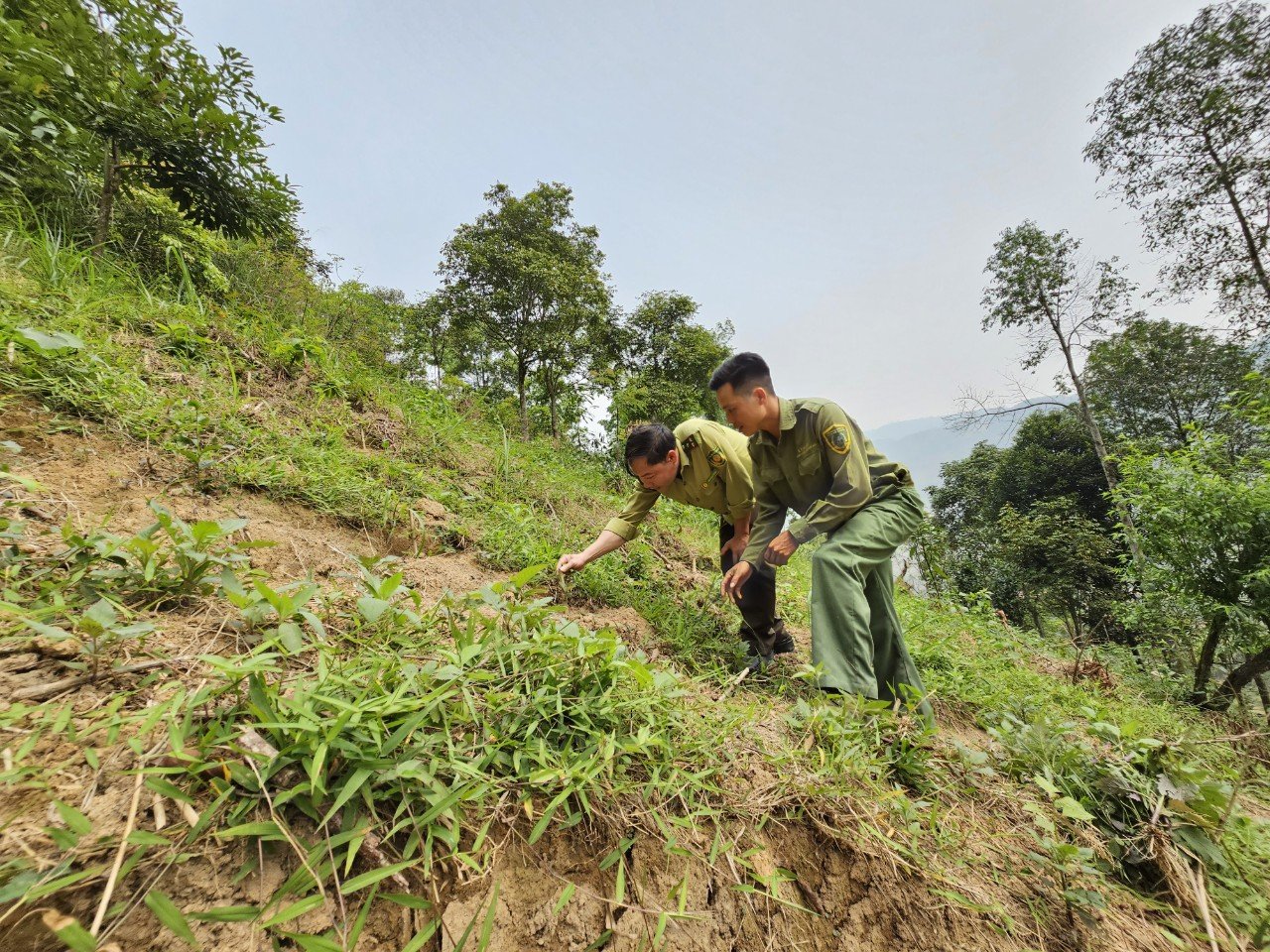
Find solutions to develop the livelihoods of people living under the forest canopy. Photo: Hoang Anh.
Furthermore, the Secretariat’s Conclusion points out limitations in the implementation of the Directive, such as promotion, dissemination, and mastery have not been very effective. Mechanisms, policies and laws on forestry have not met practical requirements and are not synchronous with other specialized laws, especially the law on land. Forest land use is inadequate and not close to reality. State budget and social investment for forest management, protection and development are still limited.
The policies on land allocation and forest protection are not consistent with the interests of the assignee or contractee. The management of free migrants, and allocation of residential and productive land for ethnic minorities have not met the requirements. The operational efficiency of many state-owned enterprises in forestry production and business is low; renovation progress is slow.
The value of forest ecosystems has not been effectively and sustainably assessed; forest environmental services are undeveloped. The collection of carbon sequestration, storage services and forest carbon credit market is still limited. Implementing afforestation, forest restoration, and quality improvement have not met the requirements, leading to increasing erosion, floods, and landslides.
Forestry management from central to local levels is inconsistent and stable; some staff need to improve capacity and ethics. The life of people in forested areas is still difficult.
The limitations mentioned above are primarily due to insufficient awareness of key positions and roles in sustainable forestry development. Some party committees, organizations and authorities have not focused on strictly directing and implementing the Directive.
The coordination between ministries, branches and local authorities is not close and effective. Some localities let loose of forest management: they have not regularly inspected, examined and handled violations; lawsuits, disputes, and encroachment on forest land have caused some complexities regarding security, order and social safety. Many mechanisms and policies have been promulgated but lack resources for implementation. To speed up Directive No. 13-CT/TW, the Secretariat requires all levels of Party committees, organizations and authorities to focus on directing the implementation of key tasks:
Innovate, diversify and improve the effectiveness of advocacy, education, and responsibilities of the political system, officials, party members, business community and the people; change awareness, behavior and habits in consumption, production and daily life; contribute to the management, protection and sustainable development of forests, etc.
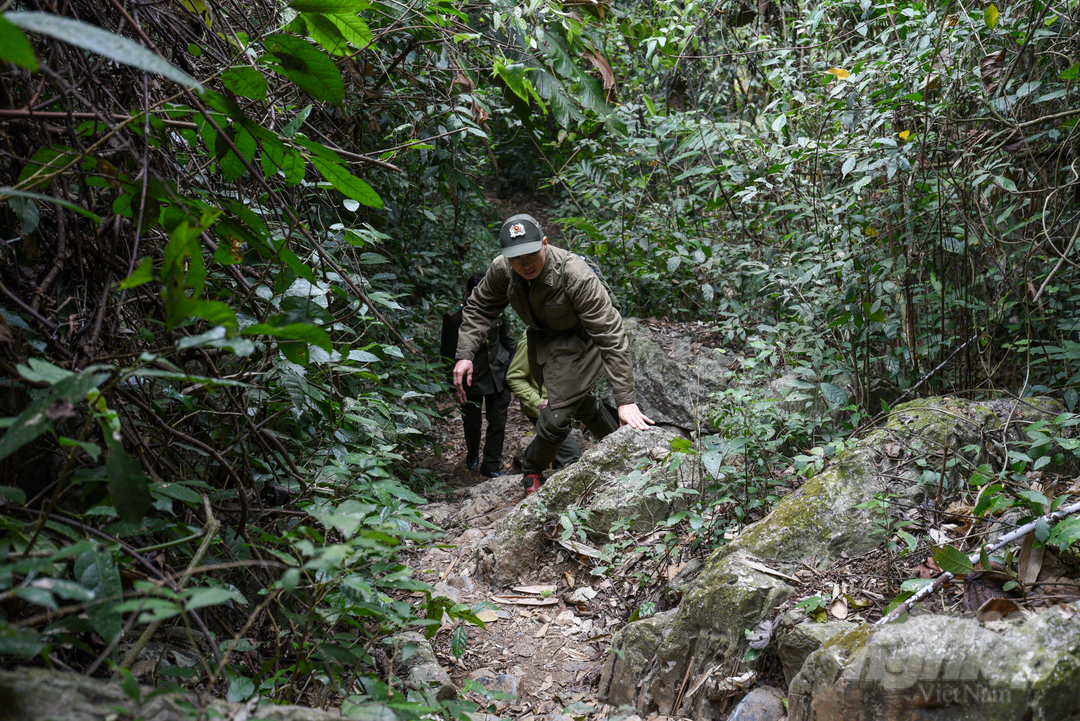
Forest rangers of Cuc Phuong National Park patrol the forest core. Photo: Tung Dinh.
Urgently review and synchronously institutionalize the Party’s guidelines on sustainable forest management, protection and development; refine the forestry legislation to ensure it meets the requirements of forest management, protection and development; and bring into play the potentials and advantages of forests for socio-economic development in association with national defense and security. Furthermore, promote and expand the beneficiaries of forest allocation and forest lease to ensure the entire forest area and the land planned for forestry development must be allocated or leased to each forest owner in association with the responsibility for management and development. There should be an appropriate and feasible mechanism for allocating forests to households, individuals and communities in forest areas to manage in association with history, culture and beliefs.
Develop research to have specific and robust mechanisms and policies to effectively manage special-use, protection and production forests; include people and invest social resources in forest management, protection and development, towards sustainable forestry development, and promotion of environmental services.
Prioritize allocating budgets for managing and protecting special-use, protection and natural forests; formulate principles, criteria, measurements, and mechanisms for regulating and allocating the state budget to ensure harmony of interests and responsibilities for localities with large forest areas.
Develop associations, cooperatives and benefit share in forestry production and business chains, associate afforestation with exploitation, process and trade of forest products. Develop the forestry economy, especially the economy under the forest canopy; promote scientific research, develop economic models of agro-forestry-fishery combination, while meeting protection requirements. Strengthen guidelines to approach international standards; modernize the forest processing industry, encourage the use of domestically planted woods and certified timber, apply advanced technology, conduct deep processing, save raw materials, develop new materials to combine environmentally friendly materials.
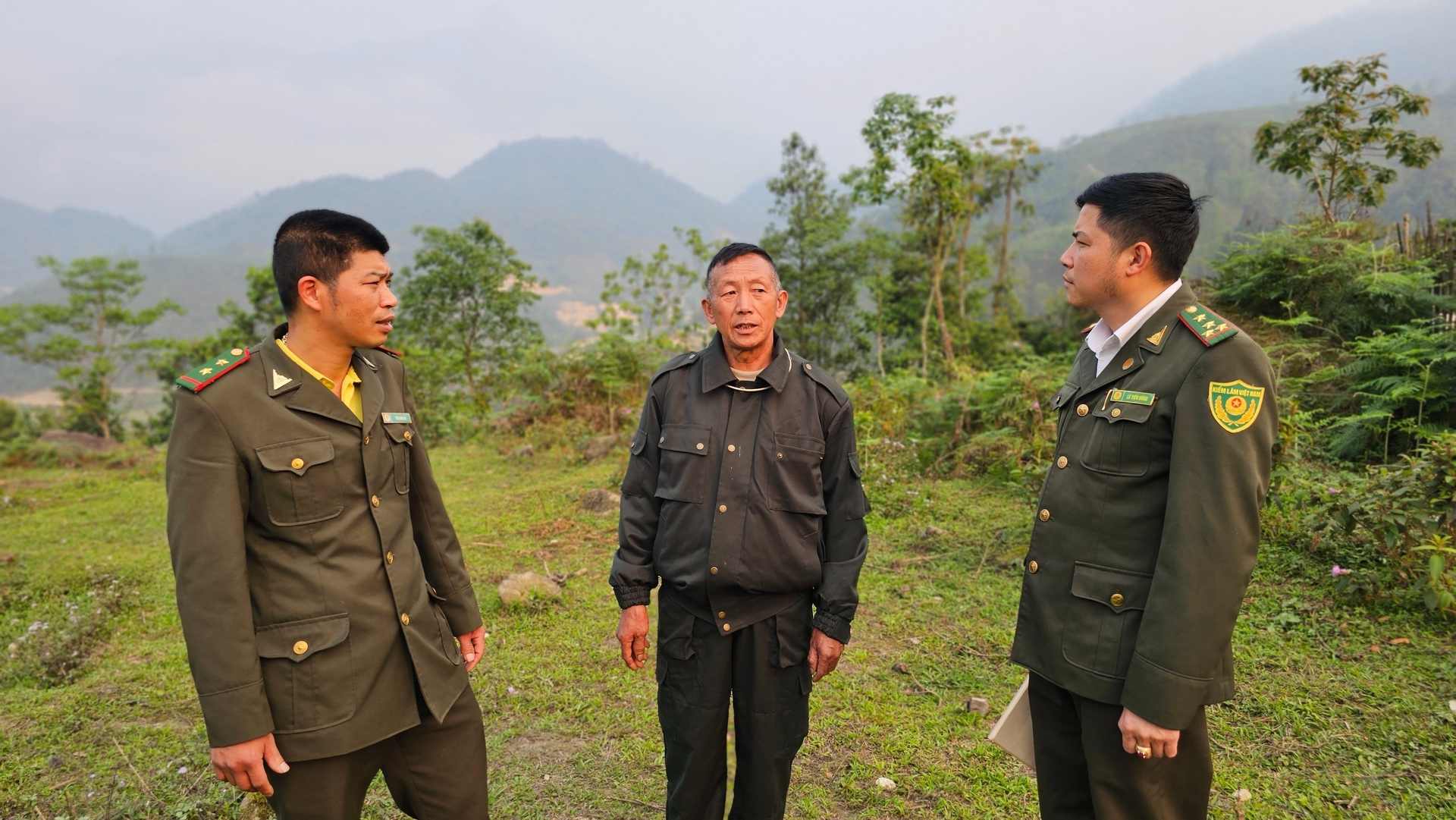
Enhance the role of reputable people in the community for forest protection and development in Hoang Lien Son, Lao Cai. Photo: Hoang Anh.
Promulgate and organize the national forestry master plan for 2021 - 2030, with a vision to 2050, in sync with relevant specialized plans. Focus on surveying, inventorying, and monitoring developments; build a forest database, assess the overall forest resources; by 2026, complete the demarcation of forest boundaries in the field.
Focus on implementing synchronously and effectively forest management, protection and development; develop the forestry economy in association with the objectives of national defense and security; ensure population stability, especially in border areas; contribute to the construction of a defensive area, the all-people national defense posture; protect national sovereignty and territory; maintain political security, social order and safety.
Strictly implement the regulations that natural forests may only be used for national defense and security, critical national projects and other urgent projects. Research to strengthen sanctions, simplify legal procedures to strictly and promptly handle violations of the forestry law, mainly deforestation and encroachment on forest land; prevent exploitation, illegal trade, and hunting of wild animals.
Continue to arrange the machine; improve the capacity and efficiency of state management of forestry, especially the force assigned to direct tasks; ensure localities with large forest areas will meet the requirements. Promote decentralization, and reform administrative procedures associated with inspection and supervision in forest management, protection, and development.
Focus on training high-quality human resources; foster the staff’s qualifications and capacity in the forestry sector; improve skills in prevention and combat of forest-related crimes. Ensure necessary conditions for the operation of forest rangers and full-time forest protection forces; build up a force specialized in forest fire prevention and fighting; develop specific policies to attract staff working in forestry.
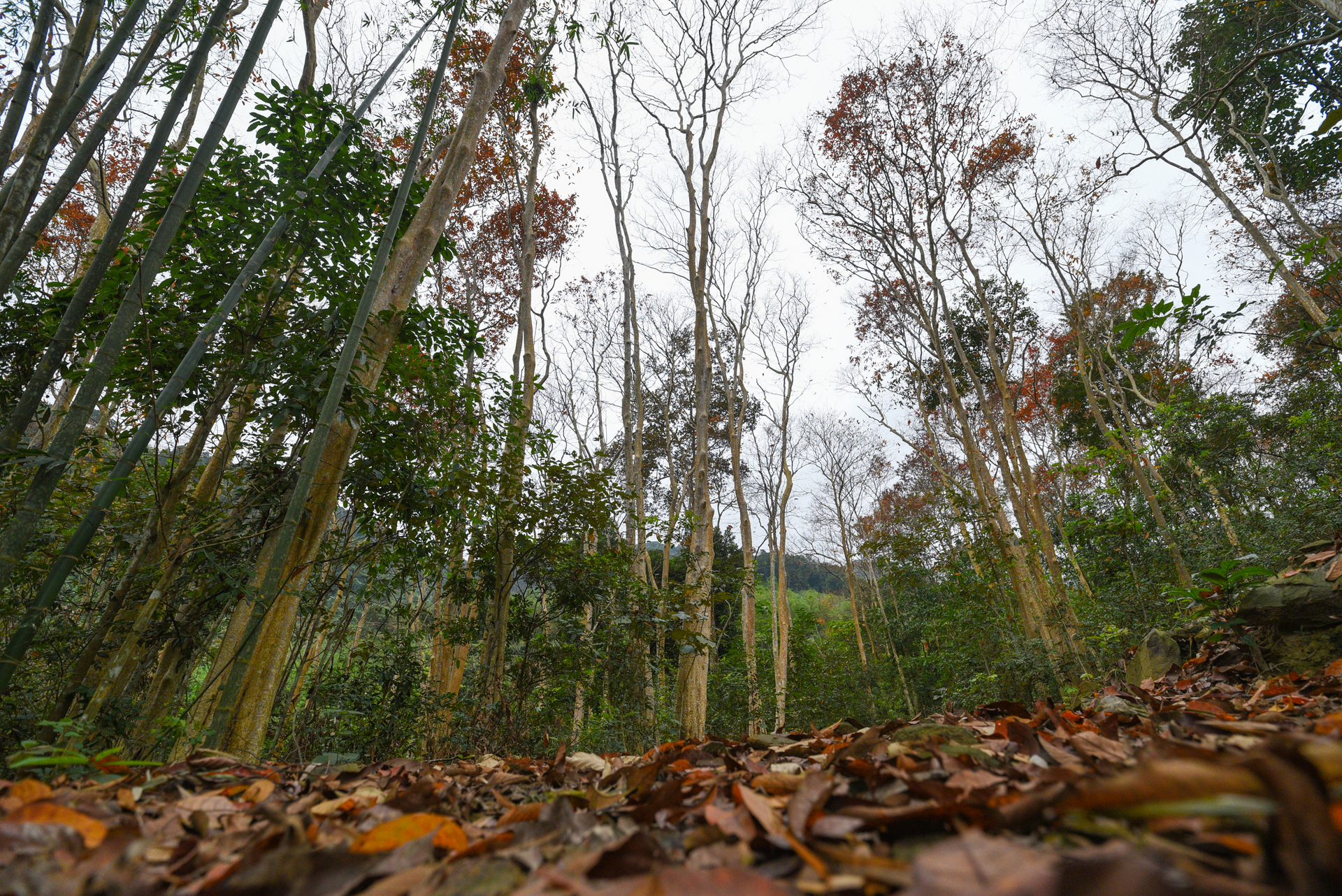
White crape myrtle in Pu Mat National Park. Photo: Tung Dinh.
Strictly implement Resolution No. 30-NQ/TW (dated March 12, 2014) and Conclusion No. 82-KL/TW (dated July 29, 2020) of the Politburo on arrangement, renewal and development; improve the operational efficiency of agricultural and forestry companies; focus on settling residential and production land; develop a mechanism to strictly control the transfer of allocated residential and productive land of ethnic minorities minority; quickly solve the problem of nomadism, especially in the Central Highlands.
Promote research and application of science, technology, innovation and digital transformation; improve capacity for forest management, protection and development and sustainable forestry economic development; actively improve the effectiveness of international integration in forestry; develop markets, exchange information and technologies; participate in international initiatives on sustainable forest protection and development; closely cooperate with bordering countries in combating wildlife trade, illegal deforestation, and forest fire prevention; attract capital support from other countries, international organizations, foreign direct investment (FDI); effectively and responsibly implement international commitments.
Translated by Quynh Chi

(VAN) Vietnam's draft amendment to Decree No. 156 proposes a mechanism for medicinal herb farming under forest canopies, linking economic development to population retention and the sustainable protection and development of forests.

(VAN) In reality, many craft village models combined with tourism in Son La have proven effective, bringing significant economic benefits to rural communities.

(VAN) The international conference titled Carbon Market: International experiences and recommendations for Vietnam was successfully held recently in Ho Chi Minh City.

(VAN) According to the Project on rearranging provincial and communal administrative units, in 2025, the country will have 34 provinces/cities, 3,321 communes, wards, and special zones, and no district-level organization.
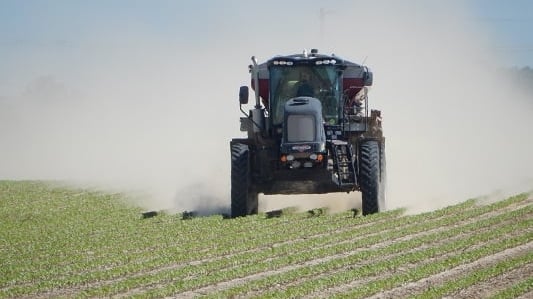
(VAN) The vice president of fertilizer with Stone X Group says the Trump administration’s tariffs are impacting fertilizer markets.
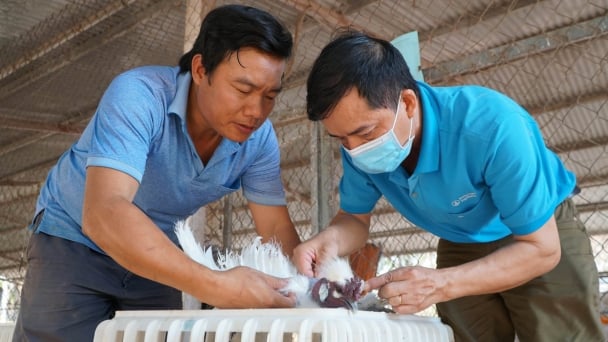
(VAN) Resolution 57 offers Vietnam a significant opportunity to narrow the global genetic technology disparity and convert its extensive genetic resources into commercial advantages.

(VAN) The Ministry of Agriculture and Environment will prioritize the implementation of five core and breakthrough solutions in science and technology, in addition to the seven groups of tasks identified in Decision No. 503.